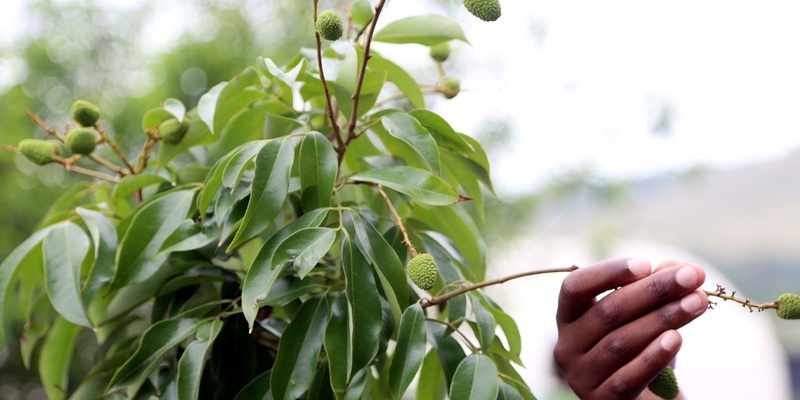Webinar introducing IPPC capacity development tools generates global interest
Posted on Tue, 26 Oct 2021, 11:36

©FAO/ Believe Nyakudjara
Rome, 26 October 2021. The Secretariat of the International Plant Protection Convention (IPPC) held a webinar on 22 October to present new capacity development materials on pest status, surveillance and systems approaches.
The webinar brought together more than 300 participants from 77 countries proving the interest of the plant health community in the IPPC guides and tools developed to support the implementation of International Standards for Phytosanitary Measures (ISPMs).
During his welcoming remarks, Brent Larson, Implementation and Facilitation Unit Team Lead at the IPPC Secretariat, expressed his pleasure at having the opportunity to display these new implementation and capacity development products. He acknowledged the extraordinary contributions of selected international experts and collaborating organizations, and recognized the role of the Implementation and Capacity Development Committee (IC) and IPPC Secretariat staff in developing these materials.
The Implementation and Capacity Development Committee chairperson, Dominique Pelletier, stressed that these IPPC guides and training materials are crucial to assist national plant protection organizations in implementing the Convention and its standards as they provide accurate and easy to understand technical information, and illustrate best practices to help countries develop their national legislation and strengthen their national phytosanitary capacity. The IC chairperson also encouraged National Plant Protection Organizations to participate in the process of developing new IPPC guides and training materials by responding to the calls issued by the IPPC Secretariat, or by contacting their regional IC member for instructions.
Francisco Gutierrez, IC member from Belize, provided an overview of the Pest Status guide funded by the European Union, which describes the steps that countries should follow to determine the status of plant pests within their territories and helps them to select the appropriate pest status category in accordance with ISPM 8: Determination of pest status in an area. Chris Dale, IC member from Australia, presented that the IPPC guide on Surveillance and highlighted that it is now aligned with the 2018 revision to ISPM 6 and includes several country case studies. The guide provides guidance on organizational arrangements, planning, prioritization, and operations to enhance national surveillance systems.
Dominique Pelletier introduced the Systems Approach online tools developed in collaboration with the Imperial College of London and funded by the Standards and Trade Development Facility, and presented the new IPPC video on Understanding Systems Approach. The following session was rounded off with a sample trade case presented by Astra Garkaje, representative of the national plant protection organization of Latvia and one of the regional facilitators available to assist NPPO’s use these tools. She explained how the Systems Approach online tools were used to visualize the entire citrus production chain in Israel and are also crucial to identify additional phytosanitary measures, evaluate the contribution of these measures to pest risk reduction, integrate additional measures into the systems approach, and re-establish trade with the European Union.
Further information about this webinar, including the presentations and in-session questions and answers will be posted at the following link: https://www.ippc.int/en/news/workshops-events/webinars/ippc-webinar-on-new-implementation-and-capacity-development-products-status-surveillance-and-systems/
Another webinar will follow on 19 November 2021 to introduce new IPPC e-learning courses onpest risk analysis and export certification. Registration is now open at:
https://fao.zoom.us/webinar/register/WN_fqF8ZKL3SbqmPjn8EJBoIQ

